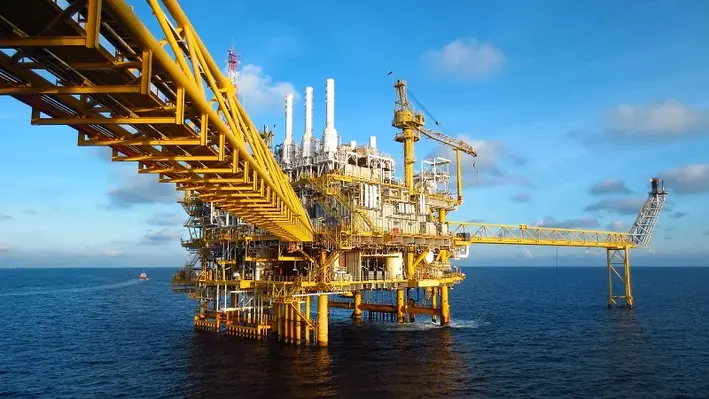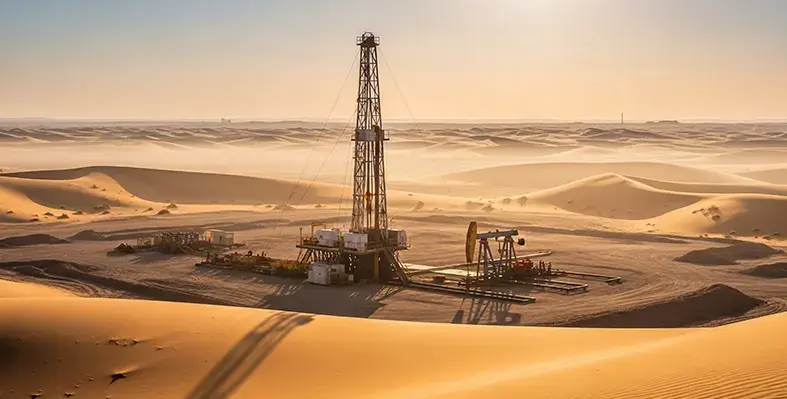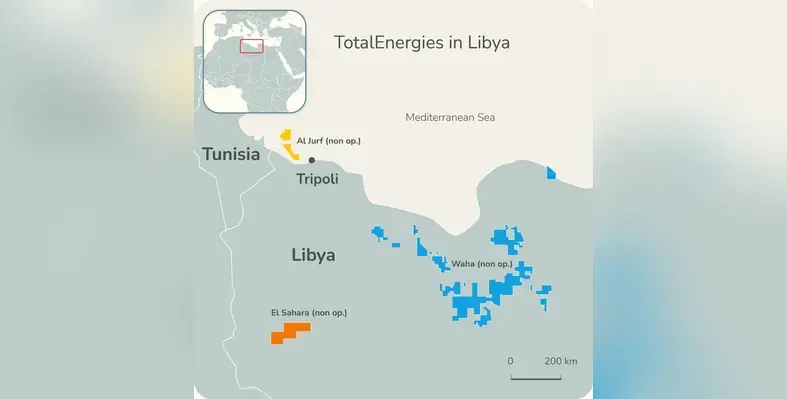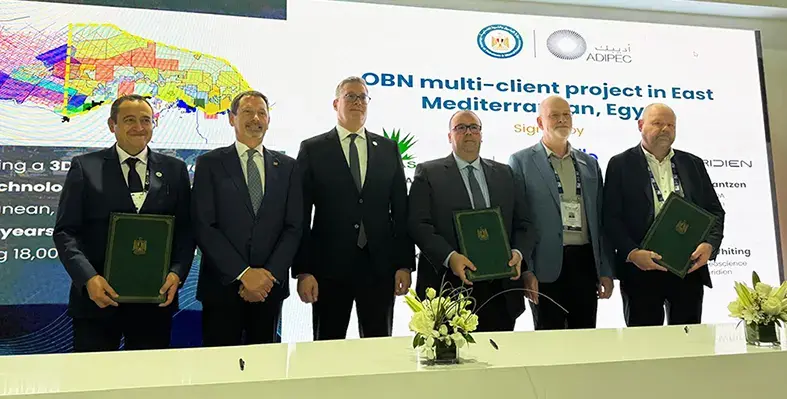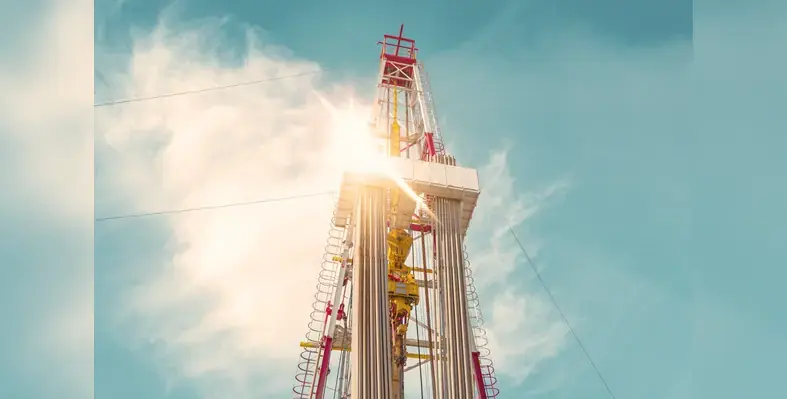
There is strong international interest in Libya's exploration potential. (Image source: Adobe Stock)
Libya’s NOC has announced the winners of the latest oil exploration bidding round, launched in February 2025, which offered 20 blocks for investment, both onshore and offshore
They include the USA’s Chevron; a consortium of Eni and QatarEnergy; a consortium of Repsol and state-owned Türkiye Petrolleri A. O. (TPAO), a consortium of Hungary’s MOL, Repsol and TPAO; and Nigeria’s Aiteo.
The licensing round was Libya’s first for eighteen years and attracted more than 40 bids, signalling growing international interest in Libya’s largely untapped hydrocarbon potential. Only five blocks out of the 20 offered were awarded.
Chairman of NOC Engineer Masoud Suleiman highlighted that the success of this round, conducted with the highest standards of quality and transparency, marks a significant turning point in the development of the Libyan oil sector. He noted that it will double Libya’s crude oil production, leading to an economic revival that aims to steer the country toward stability and prosperity, while also safeguarding Libya’s crude oil reserves for future generations.
He stressed that the success of this round also signified the restoration of the world’s confidence in Libya, which will in turn have a positive impact on the Libyan economy.
Chevron, through its subsidiary Chevron Business Development EMEA Ltd won Contract Area 106 located in the Sirte Basin, marking its entry into Libya. In January, Chevron separately signed an MoU with NOC in Tripoli to evaluate the development and exploration potential onshore Libya.
"Chevron is excited to enter Libya with the award of onshore Contract Area 106, which underscores our focus on North Africa and the Eastern Mediterranean region, and is a good fit in our exploration strategy to grow our portfolio with high-quality acreage and high impact prospects," said Kevin McLachlan, vice president of Exploration at Chevron.
"Libya has significant proven oil reserves and a long history of producing its resources. Chevron is confident that its proven track record in developing oil and gas projects and its technical expertise gives it the ability to support Libya to further develop its resources."
A consortium led by Eni (60%) in partnership with QatarEnergy (40%) has been awarded the offshore exploration License O1, which covers approximately 29.000 sq km in the offshore extension of the prolific Sirte Basin. It offers notable exploration potential, including wide areas without 3D seismic coverage that could host additional hydrocarbon accumulations. The block also features various hydrocarbon indications, including stranded oil and gas discoveries.
Under the terms of the agreement, Eni will operate the concession, with the consortium holding a 100% stake during the exploration and development phases. The partners plan to conduct 2D/3D seismic acquisition and drilling activities over the first five-year exploration period.
Eni sees the award as “a significant step forward in strengthening Eni’s upstream position in the country”. Eni has been active in Libya since 1959, with equity hydrocarbon production of approximately 162,000 barrels of oil equivalent per day in 2025.
For QatarEnergy, the licence marks its entry into Libya’s upstream sector.
His Excellency Saad Sherida Al-Kaabi, the Minister of State for Energy Affairs, the president and CEO of QatarEnergy, said, “We are pleased to be awarded this exploration block and enthusiastic about the prospects of Libya’s offshore upstream sector and about expanding our upstream footprint in North Africa.”
A consortium of Repsol (operator with 40% share), state-owned Türkiye Petrolleri A. O. (TPAO) with a 40% share and Hungary’s MOL Group (20%) won the 07 offshore block which covers more than 10,300 sq.km in water depths exceeding 1,500m, located approximately 140 km northwest of Benghazi. Its deepwater setting aligns with the consortium’s extensive offshore experience, according to a statement from MOL.
The deal sees the entry of MOL into Libya, and follows the signing of a strategic partnership between MOL and Libya’s NOC. That agreement outlines plans for joint work across several key areas, including hydrocarbon exploration and production, technological and field development innovations, as well as crude supply, trading, and oilfield services opportunities in Libya.
Nigeria’s Aiteo won the M1 block in the Murzuq Basin, while Repsol and TPAO also won the onshore C3 block in the northeastern Sirte Basin.
Libya’s oil production currently stands at around 1.3mn bpd. NOC aims to produce 1.6mn bpd by the end of 2026, rising to 2mn bpd in the medium term, and sees the participation of international companies as crucial to achieving its growth plans.





